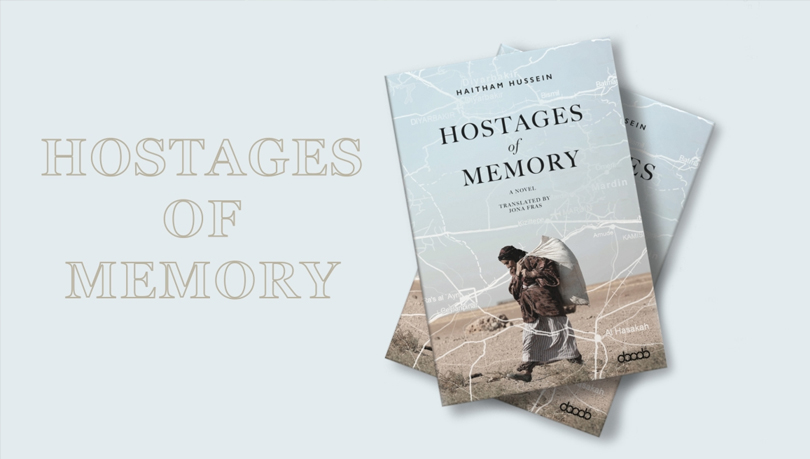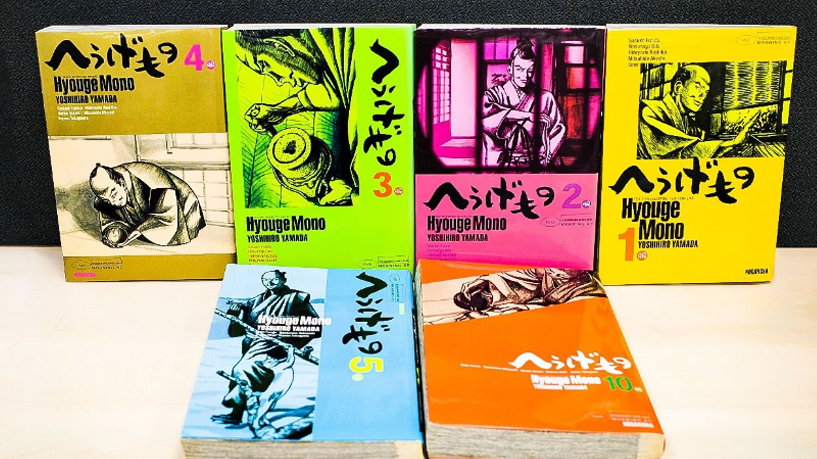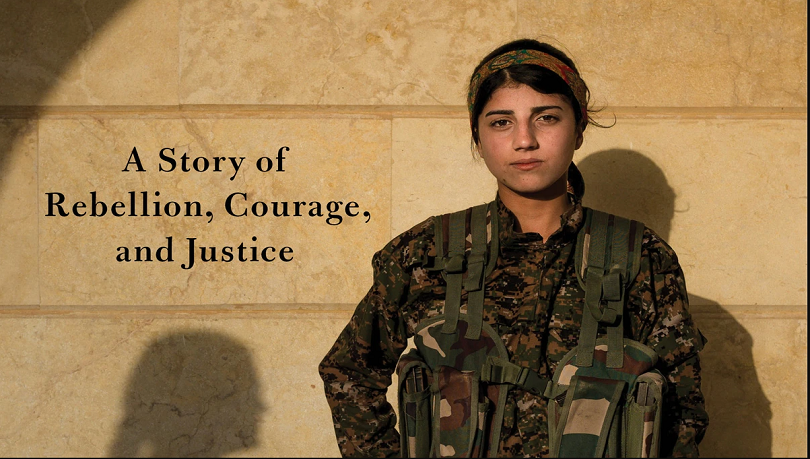Threads of Reality and Fantasy: Unveiling Life's Lessons in Hostages of Memory
Journey through the tapestry of Haitham Hussein's novel, where fantasy intertwines with reality, unraveling profound life lessons amidst a world weighed by trust, greed, hope, and the enduring power of connection.
Hostages of Memory by Haitham Hussein is a captivating novel that seamlessly blends fantasy and reality. While the characters are fictional, the setting, life conditions, and historical events portrayed in the book are rooted in reality. The narrative delves into the lives of people living under the oppressive rule of political leaders, showcasing the natural consequences of a failed, corrupted, and fearful society. Through the experiences of the characters, the author provides profound life lessons that explore themes such as trust, greed, hope, fearlessness, betrayal, friendship, intimacy, and more.
Humanity in all its messiness and timelessness
One of the central characters in the story is Khatune, a woman who arrives in a town with her two children shrouded in secrecy. Her mysterious past and hidden secrets pique the curiosity of the townspeople, but she remains tight-lipped about her origins. The suspense surrounding her character builds until the moment she is shot, revealing her true story to her grandson before she passes. This narrative element sets the stage for a compelling exploration of trust and the consequences of keeping secrets.
Trust and greed play a significant role in the book, particularly through the story of two brothers who grow up under difficult life circumstances and save money to start a successful business together. Their unwavering support and trust in each other led to their initial success. However, as their greed grows, it ultimately leads to the downfall of their business and the erosion of their trust. This narrative arc is a cautionary tale, highlighting how unchecked greed can destroy even the strongest bonds and cause disappointment and separation in the end.
Throughout the book, the characters exemplify the power of hope, even in the face of seemingly insurmountable odds. Despite knowing that Sayre, a woman that the brothers encounter who cannot bear children, Khatune prays for her and her non-existent offspring. This portrayal underscores the resilience of the human spirit and the capacity for hope, even in situations where the desired outcome seems impossible.
Fearlessness is another theme explored in Hostages of Memory. One character, a woman, fearlessly traverses treacherous mountains at night, declaring herself as "the woman of these mountains. The day and the night are the same for me,” she says. Her unwavering determination and refusal to succumb to fear make her a strong and inspiring figure while her actions speak to the power of determination and ambition in achieving one's goals.
Betrayal is a recurring theme in the novel, with characters not hesitating to betray one another for personal gain. The story of Princess Marya serves as a stark example of this, as she betrays her own father and city for the love of a greedy warlord. This narrative thread demonstrates the devastating consequences of betrayal and the notion that those who betray one person will not hesitate to betray others.
The story is portrayed as follows: “He remembered some of the stories of Princess Marya, who betrayed her father and came to a secret agreement with a warlord who then attacked and occupied her city. But the warlord captured her and tied her hair to the tail of his horse, dragging her behind him through the streets of Mardin and then leaving her corpse to be plundered by his soldiers. ‘One who betrays her father and her family," he said, "will not hesitate to betray anyone.’”
Friendship is also explored in Hostages of Memory, with the reunion of Khatune and her long-lost friend in the village of Dare after 25 years. Despite the passage of time and the events that have transpired, their friendship endures, highlighting the timeless nature of true friendship and the unwavering support friends can provide.
Intimacy is portrayed through the experiences of Ahme, one of the main characters who marries the daughter of an imam(priest). The depiction of their first-night experience captures the range of emotions, including excitement, fear, and worry, that accompany such intimate moments between newlywed couples.
History and society in Mardin
In addition to its serious themes, Hostages of Memory incorporates moments of levity and humor. For instance, when Ahme encounters a cow in the middle of the night, his fear and subsequent reaction provide comic relief and evoke laughter from the reader.
The city of Mardin serves as a prominent backdrop in the novel, with its rich history and symbolic significance. The author provides insights into the etymology of the city's name, highlighting its Syriac roots and historical significance. In addition, Mardin's architectural grandeur and strategic location are vividly described, painting a vivid picture of its beauty and fortifications.
The book also touches upon historical events, such as the Korean War and its impact on people's lives. The repercussions of war, including soldiers returning home with newfound wealth and the dangers it attracts, are explored. This provides a thought-provoking examination of the aftermath of war and the complexities it introduces into people's lives.
Borders and their divisive nature are another focal point in the book. The author's view on borders as imprisoning hearts and minds, cutting off connections, and impeding reconnection is powerfully expressed. The consequences of closed borders, as depicted in the limited hours allowed for families to visit across the Turkish-Syrian border, highlight the inhumanity and pain caused by such restrictions.
Women's experiences in this particular region are portrayed with sensitivity, shedding light on their limited agency, heavy burdens, and societal expectations. They are depicted as the backbone of their communities, shouldering numerous responsibilities while often having limited say in their own lives. The advice given by women to their children reflects their hopes for a better future and their desire to spare their children the hardships that they endured.
The situation is explained in the book as follows: "It was women who took on this task – as they took on many others – of putting out all the different foods on the table. In these lands, it was always women who were the last to go to sleep and first to rise, the last to eat and the first to slaughter, as if they were the natural-born leaders of the people. Women's daily toil was surely a form of resistance and their ultimate cause, and their first concern was to educate their children so they wouldn't repeat the mistakes of their parents and their ancestors.
The advice they gave to their children, along with their husbands, was spontaneous and sincere: ‘we don't want you to live a life like ours’; ‘we don't want you to suffer what we have suffered and still do’; ‘we want you to achieve what others before you have failed to do’; ‘we've lived in want and misery, and we'll give our lives so you won't have to do the same.’”
Proverbs are skillfully employed throughout the book, offering concise and impactful expressions of wisdom. One such proverb, "No one can climb the steps of Mardin other than the donkeys of Mardin!" encapsulates the city's reliance on donkeys for transporting goods while metaphorically conveying the challenges and limitations faced by its inhabitants.
In conclusion, Hostages of Memory is a thought-provoking and emotionally resonant novel. The seamless blend of fantasy and reality creates a compelling narrative that explores themes of trust and greed, hope, fearlessness, betrayal, friendship, intimacy, and more. The vividly depicted setting of Mardin and the historical events it encompasses add depth and context to the story. Through the lives of its characters, the book imparts valuable life lessons and insights that will leave a lasting impact on readers.
Source: Kurdistan chronicle

















0 Comments